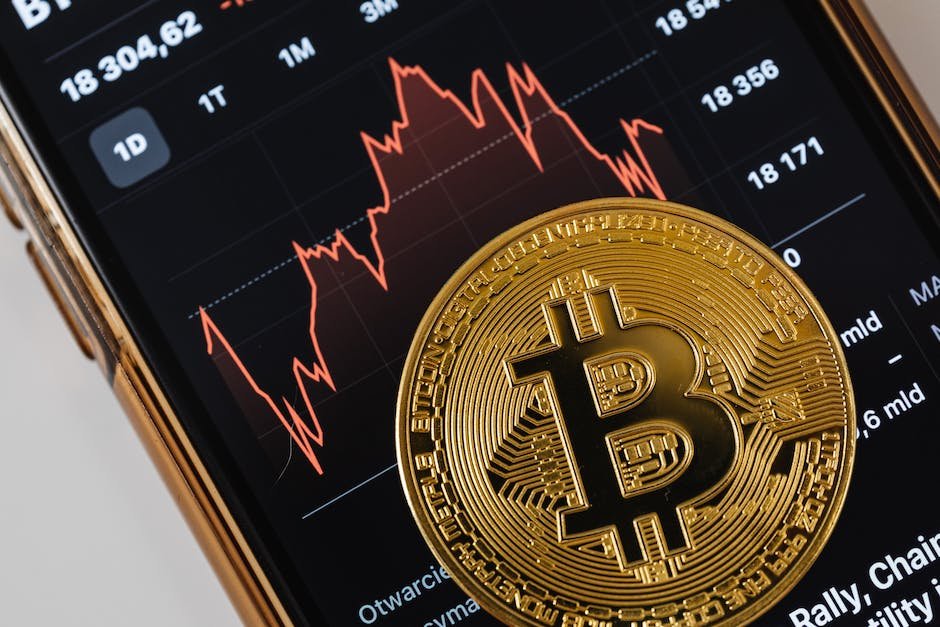
The ongoing SEC-crypto crisis has been exacerbated by a sharp argument on Twitter between crypto attorney John Deaton, a popular backer of Ripple-XRP, and famous Bitcoin maximalist Max Keiser.
Bitcoin maximalists who self-identify as Libertarians but support the SEC’s violation were the target of criticism in a conversation that included Deaton, lawyer Bill Morgan, and Ripple CTO David Schwartz.
Varying Stances on Regulatory Overreach
In response to Deaton, Keiser said the SEC’s ‘overreach’ would not prevent them from wiping out XRP and every other cryptocurrency except Bitcoin. Keiser maintained his view that the people in positions of financial power and influence on Wall Street and in finance benefited from an unusual lack of regulation. His intended victim was Brad Garlinghouse, whom he accused of running a Ponzi scheme that would collapse under the combined pressure of the United States Treasury and Jamie Dimon.
In response to Keiser, Deaton pointed out that the SEC had failed to “eliminate” XRP despite their best efforts. He mentioned a time frame between 2013 and 2015, when certain SEC investigators classified Bitcoin as a security, an idea he found absurd. The attorney defended his position by noting the temporary nature of regulators like Gensler and expressing concern that software application code is not a security.
He protected Ripple by stating that even if the company was found guilty of violating Section 5, that would not make XRP a security. Deaton ended by expressing his hope for a fair system in which the best technologies can thrive.
Forecasting a Bleak Future for Ethereum and XRP
When Deaton brought up the relevance of the Hinman letter, Keiser shot it down, calling it a “huge loser.” He made sure that the SEC’s chitchat over Bitcoin’s security status was pointless because of the currency’s inaccessibility. Keiser predicted that the SEC, in keeping with its allegiance to the banking cartel, will go after Ethereum and XRP for being unregistered securities.
He was concerned that if Ethereum and XRP gained popularity, the SEC would resort to using national security and the Patriot Act to prevent them. Keiser agreed with Deaton that this would effectively eliminate these positions due to the lack of liquidity. In his final point, he said that Ripple/XRP may be demonstrated to have actually purposely constructed a fraud to avoid rules, dismissing the “code is not a security” argument as a nonstarter.
Was this composing practical?
No Yes

Qadir AK
Coinpedia was developed by Qadir Ak. He has been writing about the blockchain and cryptocurrencies since 2010, giving him more than a year of experience as a blogger. He has also spoken with a few well-known experts in the field of cryptocurrency.

